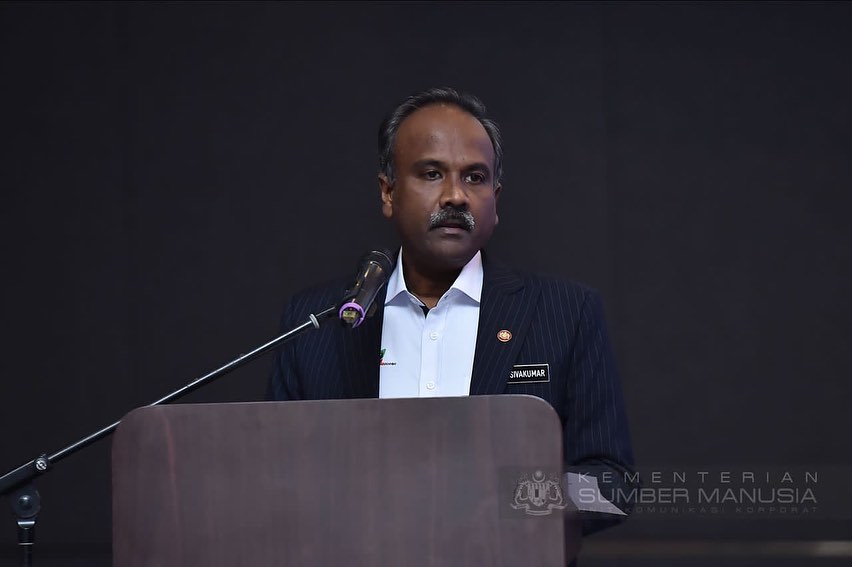HR Minister: Malaysia's 5.5% Brain Drain Is Almost Double Of The Global Average
A total of 1.86 million Malaysians live overseas. Out of which, a whopping 1.13 million stay and work across the causeway.
Malaysia is one of the countries most affected by brain drain
While the brain drain phenomenon has plagued the country for the last four decades, not much has been done to retain current local talents or attract foreign ones, according to the World Bank.
However, the problem has now reached a level that has got the current government "taking it seriously", according to Human Resources Minister Sivakumar Varatharaju Naidu, reported The Malaysian Reserve.
Sivakumar said Malaysia's brain drain rate stands at 5.5% of the total population.
Malaysia's brain drain rate of 5.5% is significantly higher than the global average, which stands at just 3.3%
In numbers, there's a total of 1.86 million Malaysians living overseas. The number has almost doubled in the last decade. In 2010, a conservative estimate by the World Bank found the number to be at one million.
According to the World Bank report, non-Bumiputeras make up the bulk of the diaspora, who move overseas for better earning potential, career prospects, quality of education, and quality of life.
And the Human Resources Minister agrees.
Speaking after a dialogue organised by Talent Corporation Malaysia (TalentCorp) in Kuala Lumpur yesterday, 7 March, Sivakumar told reporters that while Malaysia has highly skilled and talented individuals, many of its brightest minds leave the country to pursue better opportunities overseas.
"Some might think it's normal and they can learn something and come back... but the government is taking it seriously," he said, adding that brain drain has significant implications for Malaysia's economy.
According to Sivakumar, who was appointed to the post in December last year, the loss of talented individuals can result in a shortage of skilled labour, which can hinder economic growth and development.
Sivakumar speaks at the dialogue organised by Talent Corporation Malaysia.
Image via Kementerian Sumber Manusia (Facebook)Of the 1.86 million Malaysians living overseas, a whopping 1.13 million stay and work across the causeway in Singapore as of last year
The minister, while acknowledging the numbers, downplayed the issue.
According to him, when looking at the issue in its micro context, it's 1.86 million Malaysians, which is "only 5.5% of the total population (33 million)" and the 1.13 million have "only gone to our neighbouring country".
Sivakumar said that apart from Singapore, the other main destinations for the Malaysian diaspora are Bangladesh, Australia, the UK, the US, and Brunei, reported Bernama.
Nevertheless, the minister added that the government is taking several measures to attract and retain skilled workers while acknowledging that there is a long way to go in addressing the brain drain issue.
"This is a heavy burden (for my ministry and TalentCorp). We're doing what we can (to solve) this issue the best way possible," Sivakumar said, adding that there are multiple factors that need to be tackled.
"One, how are you going to pull back people who left to work abroad? What's the best way to offer certain attractive incentives to get them back? Second, how do we ensure there are no attractive factors (abroad) or alternatively, pushing factors in the local industry causing them to leave?" he asked.
In December last year, acclaimed infectious diseases expert Dr Adeeba Kamarulzaman warned that Malaysia urgently needs to plug the brain drain of fresh medical graduates and medical officers to Singapore:
